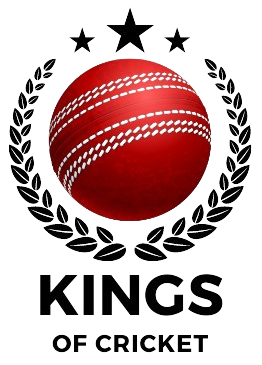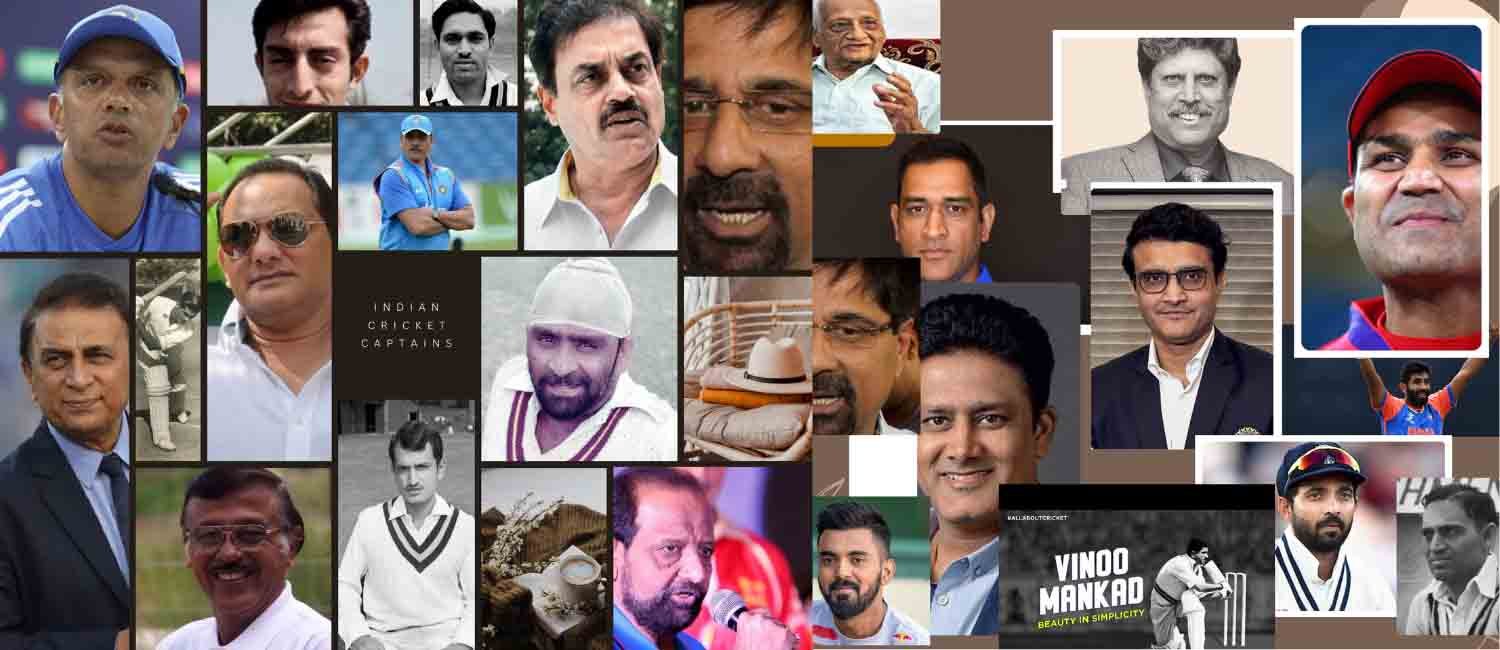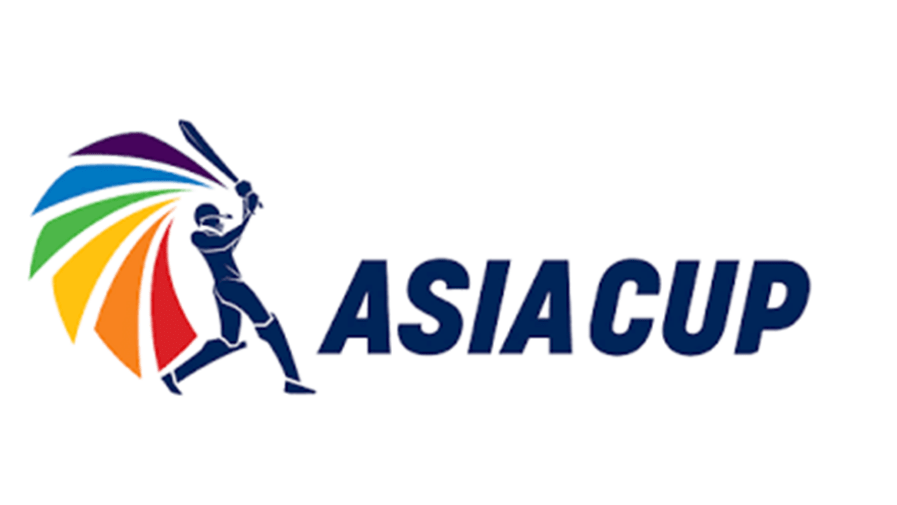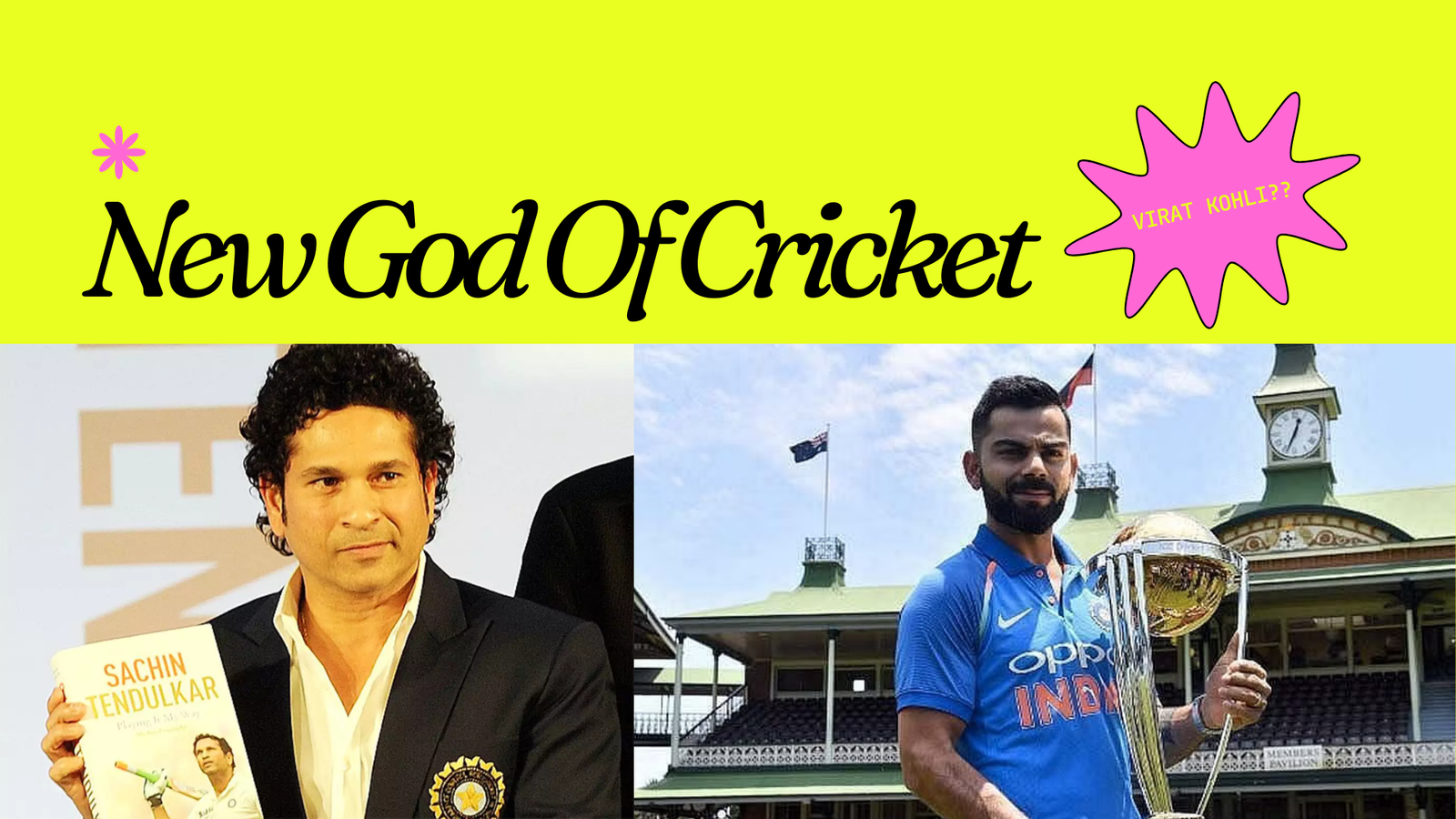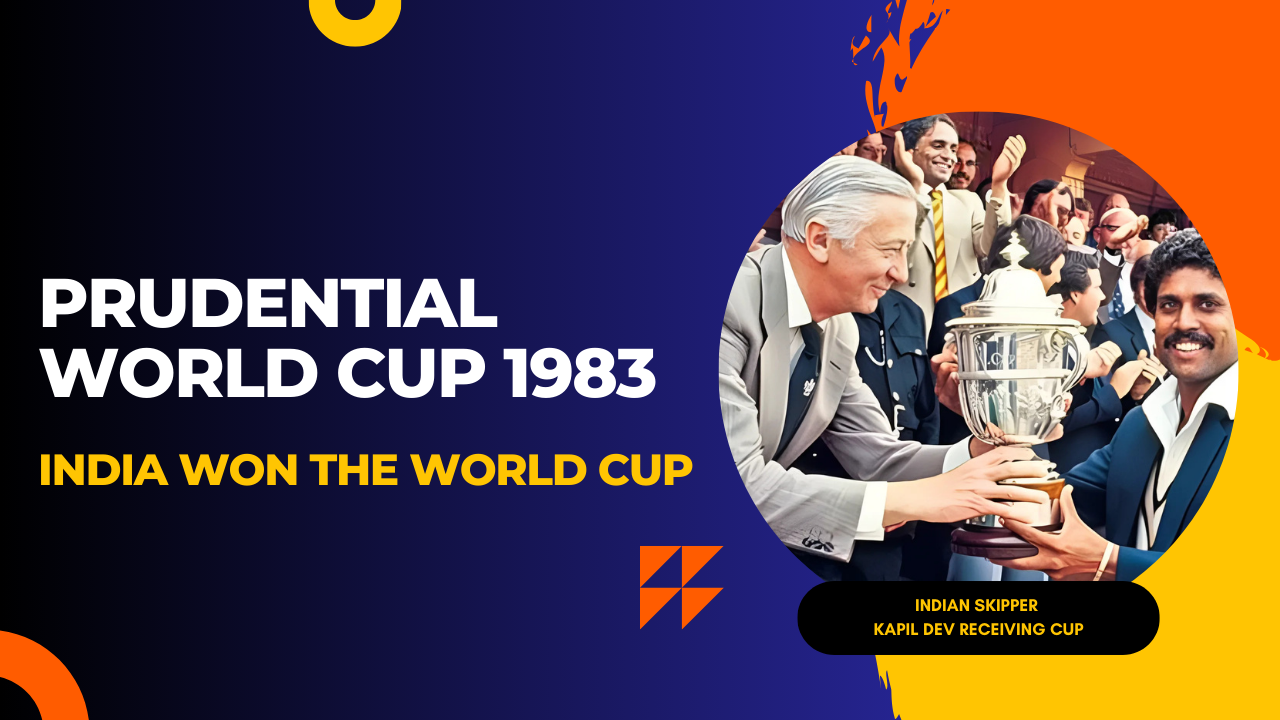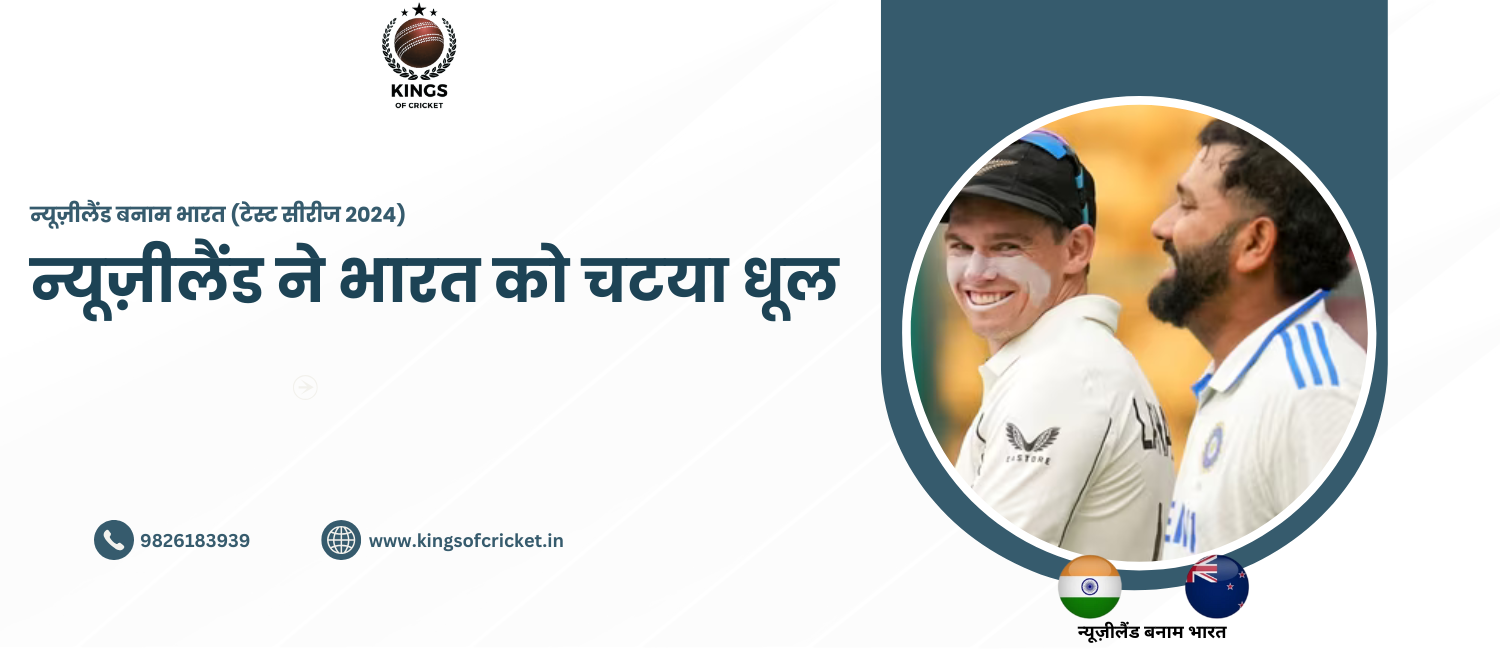Contents
- 1 Indian cricket captain list(Test Match)
Indian cricket captain list(Test Match)
A Comprehensive List of Indian Cricket Captains: Leadership Through the Ages
Indian cricket has seen a remarkable evolution over the decades, with numerous captains leaving their mark on the game. From the early days of Test cricket to the high-pressure world of ODIs and T20Is, each captain has brought their unique style and strategy to the team. This article explores the journey of Indian cricket through its captains, highlighting their contributions and impact on the sport.
Early Years: The Pioneers
- CK Nayudu (1932)
- India’s first Test captain, CK Nayudu, led the team in its debut Test match against England in 1932. Known for his aggressive batting and sharp cricketing mind, Nayudu laid the foundation for Indian cricket.
- Maharajkumar of Vizianagram (1936)
- Often referred to as “Vizzy,” he captained the team during India’s tour of England in 1936. His tenure was marked by controversy and mixed results.
Post-Independence Era: Building a National Identity
- Lala Amarnath (1947-48)
- Lala Amarnath led India in its first Test series as an independent nation against Australia. A fiery all-rounder, Amarnath’s leadership style was passionate and inspiring.
- Vijay Hazare (1951-53)
- Known for his calm demeanor and elegant batting, Vijay Hazare captained India in 14 Test matches. He led India to its first-ever Test victory against England in 1952.
- Vinoo Mankad (1955)
- A versatile cricketer, Mankad captained India in just one Test. However, his contributions as an all-rounder were significant.
- Ghulam Ahmed (1955-59)
- An off-spin bowler, Ghulam Ahmed’s captaincy was brief but noted for his tactical acumen.
The 1960s: A Decade of Growth
- Nari Contractor (1960-62)
- Contractor’s career was tragically cut short by a head injury. Despite this, he is remembered for his courage and leadership.
- Mansoor Ali Khan Pataudi (1962-75)
- Nawab of Pataudi, or “Tiger Pataudi,” is often credited with instilling a sense of confidence and professionalism in the Indian team. His aggressive approach and innovative tactics were revolutionary for Indian cricket.
The 1970s and 1980s: The Era of Transformation
- Ajit Wadekar (1971-74)
- Under Wadekar’s leadership, India achieved historic series victories in the West Indies and England in 1971. His captaincy marked the beginning of India’s competitive edge in international cricket.
- Srinivas Venkataraghavan (1975-79)
- Venkataraghavan led India in the inaugural Cricket World Cup in 1975. A brilliant off-spinner, he also captained the team in Test matches.
- Bishan Singh Bedi (1976-78)
- Known for his exceptional left-arm spin, Bedi’s captaincy was marked by a focus on discipline and teamwork.
- Sunil Gavaskar (1978-85)
- One of India’s greatest batsmen, Gavaskar’s tenure as captain saw numerous records and milestones. His calm and composed leadership style was instrumental in guiding the team through challenging times.
- Kapil Dev (1983-87)
- Kapil Dev led India to its first World Cup victory in 1983, a momentous achievement that changed the landscape of Indian cricket. His charismatic leadership and all-round abilities made him a legendary figure.
The 1990s: Modernization and Professionalism
- Mohammad Azharuddin (1990-99)
- Azharuddin’s elegant batting and sharp captaincy skills were crucial during the 1990s. He led India in three World Cups and holds the record for the most consecutive Test wins as an Indian captain at the time.
- Sachin Tendulkar (1996-97, 1999-2000)
- Tendulkar, the “Little Master,” captained India during two separate stints. While his leadership faced challenges, his contributions as a player are unparalleled.
- Sourav Ganguly (2000-05)
- Ganguly’s aggressive and fearless leadership transformed the Indian team into formidable opponents, especially overseas. He laid the groundwork for a new era of Indian cricket.
The 2000s: A New Dawn
- Rahul Dravid (2005-07)
- “The Wall” of Indian cricket, Dravid’s tenure as captain saw significant achievements, including a Test series victory in England in 2007. His leadership was marked by integrity and dedication.
- Anil Kumble (2007-08)
- Kumble, one of India’s greatest bowlers, led the team with dignity and strength. His captaincy included a memorable Test series win against Australia.
The MS Dhoni Era: Golden Years
-
MS Dhoni (2007-2016)
- Dhoni’s leadership is often considered the golden era of Indian cricket. Under his captaincy, India won the 2007 ICC T20 World Cup, the 2011 ICC Cricket World Cup, and the 2013 ICC Champions Trophy. His calm demeanor and strategic brilliance made him one of the most successful captains in cricket history.
The Virat Kohli Era: Aggression and Excellence
-
Virat Kohli (2017-2021)
- Kohli’s aggressive and passionate approach brought a new level of fitness and professionalism to the team. His tenure saw India achieving the No. 1 ranking in Test cricket and historic series wins overseas.
The Present Leadership
-
Rohit Sharma (2021-Present)
- Rohit Sharma, known for his exceptional batting skills and strategic mind, took over the captaincy in 2021. His leadership in white-ball cricket has been particularly noted for its tactical brilliance and calm under pressure.
Conclusion
The role of the Indian cricket captain has evolved significantly over the decades, reflecting changes in the sport and the country itself. From the pioneering days of CK Nayudu to the modern, aggressive leadership of Virat Kohli and Rohit Sharma, each captain has contributed to the rich tapestry of Indian cricket. Their unique styles, strategies, and achievements have collectively propelled Indian cricket to its current stature as a dominant force in the global arena. As we look forward to the future, the legacy of these captains continues to inspire and shape the next generation of Indian cricketers.
Indian cricket captain list
Father of Cricket
shubman gill biography
